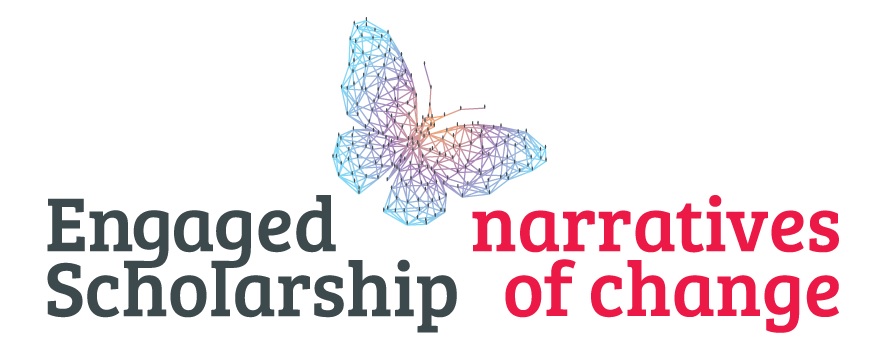Research
In de afgelopen twintig jaar heeft Ghorashi diverse disciplinaire perspectieven (antropologie, sociologie, genderstudies, filosofie en organisatiewetenschappen) gebruikt voor onderzoek naar de processen van in- en uitsluiting in het leven van migranten en vluchtelingen. In combinatie met verschillende methodes (discourse analyse, etnografisch onderzoek, levensverhalen en experimenteel co-creatief onderzoek) heeft ze bijgedragen aan de discussies rondom diversiteit, inclusie en belonging in een democratische context. In 2018 heeft ze de VICI-beurs van NWO gekregen voor het onderzoek ‘Geëngageerde wetenschap en transformatieve narratieven in vergelijkend perspectief’.
Over the past twenty years, Ghorashi has used diverse disciplinary perspectives (anthropology, sociology, gender studies, philosophy and organizational sciences) to investigate the processes of inclusion and exclusion in the lives of migrants and refugees. In combination with different methods (discourse analysis, ethnographic research, biographical research and experimental co-creative research) she has contributed to discussions about diversity, inclusion and belonging in a democratic context. In 2018 she was awarded the VICI grant from NWO for the research 'Engaged scholarship and narratives of change in a comparative perspective'.

What contribution do the social sciences have in realizing the democratic ideal of equality and inclusion? What are the possibilities and barriers of engaged science within different national and institutional (academic) contexts? What is the contribution of engaged scholarship in fostering and defining the conditions and narratives of change for refugee inclusion in the face of competing societal and academic demands and structures?
Politicians, employers and employees underline the importance of an inclusive labor market in which everyone can participate in work according to their ability and where opportunities in the labor market do not depend on diversity aspects such as gender, ethnicity, age, religion, sexual orientation and physical or psychological disability. In practice, however, it appears that the chances of finding work are not the same for everyone and it does matter to which 'group' you belong. It makes no difference whether someone is more theoretically or more practically educated. Unequal opportunities continue to exist.
Read more: Towards more inclusive working environments! Breaking bias with biographical research
In 2015, an enormous amount of energy has erupted in Dutch society. The arrival of many refugees has not only aroused fear in some parts of society, but also led to an unprecedented movement of solidarity and commitment from people who wanted to receive refugees hospitably and support them in their integration in Dutch society.
Having a refugee experience is not something to be taken lightly. You leave your life, your loved ones, your familiar surroundings behind because of violence and have to make a new beginning. That requires a lot of commitment, resilience and ingenuity. In the first years after the flight, a lot of energy is released, but there are also many obstacles to make a successful start. Therefore, it is crucial that the societal structures surrounding refugees are inclusive enough to give them the right push in the right direction.
De Refugee Academy is een initiatief van Halleh Ghorashi en Elena Ponzoni (gestart in 2017). Doel is een brug te slaan tussen wetenschap en samenleving rondom het vluchtelingenvraagstuk, door bij te bijdragen aan betere maatschappelijke condities voor duurzame integratie van vluchtelingen.